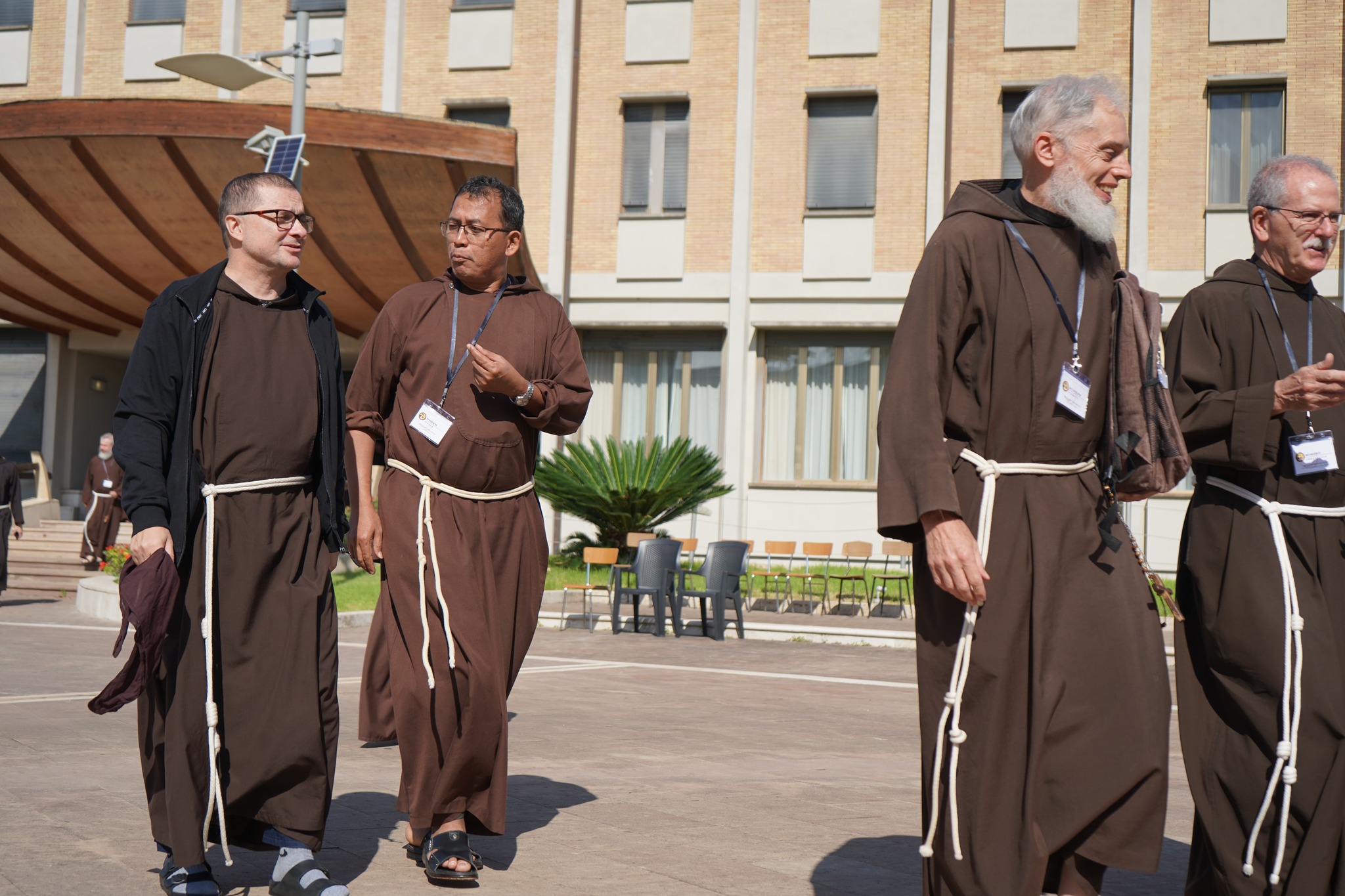Andrew Leong
In the Old Testament, famous individuals who are called by God for a special mission are numerous. From Abraham to Jacob, from Joshua to Samson, from Isaiah to Ezekiel, these names come to mind immediately. Today, I would like to focus on one person instead: Moses. Before his call, his life is rather personal and is less relevant to our focus today; nevertheless, from the moment that he sees the burning bush, there are numeral fruitful points of comparison.
Moses was called when he was attending to his daily business, real business, i.e., tending the flock of his father-in-law. It is not impossible that one experiences a call from God in a completely religious setting, yet probably more often than not, God calls us for a special mission when we are so overwhelmed by our mundane responsibilities.
What is more, no matter how great and ambitious a mission is, it does not come from any human initiation. It is always God who calls, chooses when and where and whom to call, decides what the mission is. In Moses’ case, it was the spectacular vision of the bush that is burning but not consumed, a vision bespeaking of divine presence, that attracted Moses’ attention. In our case, it may be an experience that is inexplicable, in which one experiences the spark of the divine. Nevertheless, one must always reflect and examine whether what s/he believes to be God’s call is truly God’s call, or rather it is the temptation of vainglory and egoism, or just the realization of personal dream or even sheer self-gain. The story of Abimelech, the false judge, should always serve as a reminder.
God’s call always implies challenges and difficulties, particularly for those whose vocation is on a special mission. Moses knows it quite well, and hence he rejects God’s invitation to be on the mission five times. He claims that he is too insignificant to represent God before Pharaoh (3:11), that he does not know the name of God (3:13), that God’s people may not believe and listen to him (4:1), and that he is not capable for the mission (4:10). Finally, with no more excuses, Moses directly asks God to “send someone else” (4:13). God takes the initiative five times to solve the problems, and each time, His response is the same: the assurance, “I will be with you” (3:12).
Our vocation, the mission on which God calls us to take up, especially those of priests and religious, is full of challenges. Our hesitation to say “yes” to God may be hindered by other concerns, and it may well come from a genuine sense of fear of the uncertainties ahead. To keep going and finish the race (cf. 2 Tim 4:7), one must not lose faith in the fact that God is always with us, a belief that is strengthened by our experience with Jesus Christ, the Emmanuel (cf. Matt 1:23; 28:20).
Of course, saying “yes” to God is the beginning of one’s vocation, but it is far from the end of it. Not only that one’s vocation is ultimately to lead others to the love of God (cf. Exod 20:2–3) and to inspire people to lead a life of love for others (cf. Exod 20:4ff.), it is full of challenges in terms of taking care of how one relates to others when exercising his/her ministry. When Moses complains that leading the people all by himself is so burdensome, he learns from his Midianite father-in-law Jethro’s suggestion to delegate power to some other people as (minor) leaders (Exod 18:13–27). The commitment to allow others to participate in the exercise of power is no easy task. A classic example is Joshua’s jealous reaction when the spirit of God comes to rest on the elders (cf. Num 11:24–30). This is a reminder especially relevant to brothers and sisters living out their priestly and religious vocations, because many of their ministry involve certain type and degree of leadership and exercise of power.
Moses’ call is simple: to lead God’s people to the promised land; however, to achieve what this vocation entails is full of challenges. At the beginning, it was the Pharaoh who stood in their way, but as the event unfolds, the obstacles come from the people themselves. Nevertheless, amidst all these difficulties, Moses never doubts God’s promises to him, “I will be with you.” With this strong conviction, and his ultimate goodwill to accomplish his vocation to lead them to wellbeing, to peace and prosperity, despite all his limitations and failings, he is able to cultivate and maintain his relationship, knowing God face to face (cf. Deut 34:11). If there is only one thing that everyone called by God, especially those living out their priestly and religious vocation, must learn from him, it is this commitment to a genuine and ever-growing relationship with God.

(Andrew Leong is Assistant Professor, Head of Department of Catholic Theology, Faculty of Religious Studies and Philosophy at the University of Saint Joseph – Macao)


 Follow
Follow


